The Importance of Efficient Medical Billing
For healthcare practices considering their billing strategy, it’s critical that focus is balanced across both meeting compliance requirements while also increasing efficiency. Efficient medical billing ensures timely reimbursements, better revenue management and insight, and ultimately, improved financial wellbeing for any practice.
Manual billing practices can be time consuming, error prone, and require many resources — and they don’t result in an ROI that makes the extra time and effort worth it. For many providers, these drawbacks are preventing their practice from reaching their full revenue potential.
Challenges in Traditional Medical Billing
Traditional medical billing gets the job done, but often creates numerous challenges for practices. The most common of these include:
- Coding errors: Even well-trained professionals with years of experience still make mistakes due to the complexity of coding. Errors like claim rejections, delayed payments, and compliance issues, can lead to financial loss.
- Timely claims submission: Not only do claims need to be submitted in time, but they also take time to complete and submit — cutting into profitability.
- Regulatory changes: In a fast-paced industry where regulations and best practices change rapidly, billers need to keep up with the pace of change.
Understanding Automated Medical Billing Systems
No longer out of scope or too complex for even small practices, today’s automated medical billing systems are comprehensive and incredibly efficient. Automated medical billing systems are designed to apply technology to the process, reducing the required amount of human intervention and streamlining the end to end billing workflow by integrating with your current systems such as:
- Electronic health records (EHRs): Enabling fast and easy updating and data gathering from patient records.
- Practice management systems: Reducing the need for manual data entry and human errors.
Automated medical billing software enables highly accurate solutions delivered in a streamlined and efficient manner. With advanced solutions, medical providers have more information, patients have clarity on payment costs, and payer communications are streamlined and transparent.
Benefits of Automated Medical Billing
The practical application of automated medical billing offers numerous benefits to most organizations:
- It increases biller efficiency and accuracy
- It drives faster reimbursement
- It offers greater transparency into RCM performance and productivity
- It is scalable to meet the needs of a practice as it grows
By enhancing operational efficiency and financial performance, automated medical billing provides a clear way to assign medical codes, process payment claims, and minimize the risk of errors that drive inefficiencies.
Key Features of Automated Medical Billing Software
A wide range of solutions exist, providing practices with options to select from in their automated medical billing system. Essential features include:
- Eligibility verification
- Coding assistance and error monitoring
- Claim scrubbing
- Electronic claim submission
- Remittance posting
- Denial management
- Reporting and analytics
Each one of these features directly creates opportunities to streamline billing processes, reduce errors, and improve revenue.
Implementing an Automated Medical Billing System
For those ready to tap into medical billing automation, creating a strategic plan to do so is the first step. Consider these processes:
- Assess the current process. Specifically, seek out problem areas or areas of bottlenecks.
- Ensure all data is up to date and accurate.
- Define the requirements your healthcare practice has in medical billing software.
- Select a vendor after careful consideration of their medical billing-specific automation tools.
- Migrate data to the new system once it is ready to go.
- Train staff on properly using the tools available to them.
- Test and validate the systems to ensure they meet all compliance requirements.
- Continuous monitoring to ensure efficiencies over the long term.
Considerations when Choosing Automated Medical Billing Software
Each organization’s specific needs in medical billing automation may differ slightly. Yet, most need to consider specific avenues and opportunities. Some of the most important factors to look at include:
- Integration capabilities with existing software and solutions being used
- Ability to scale to your projected growth needs
- Requirements are met for compliance support
- Data analytics and reporting capabilities can track performance over time
Finding the Way Forward in Automated Medical Billing
The future impact of automated medical billing is extraordinary. It will continue to play a key role in the building of a transparent, highly accurate space where data and records are maintained properly, and medical billing is less demanding on healthcare staff.
Leveraging cutting-edge technology enables the organization to focus on what it needs to do, which is often patient care, while still optimizing its financial and revenue performance.
Learn about Adonis Billing, a solution built for billers, by billers, that enables your team to bill smarter and collect faster.



.png)











